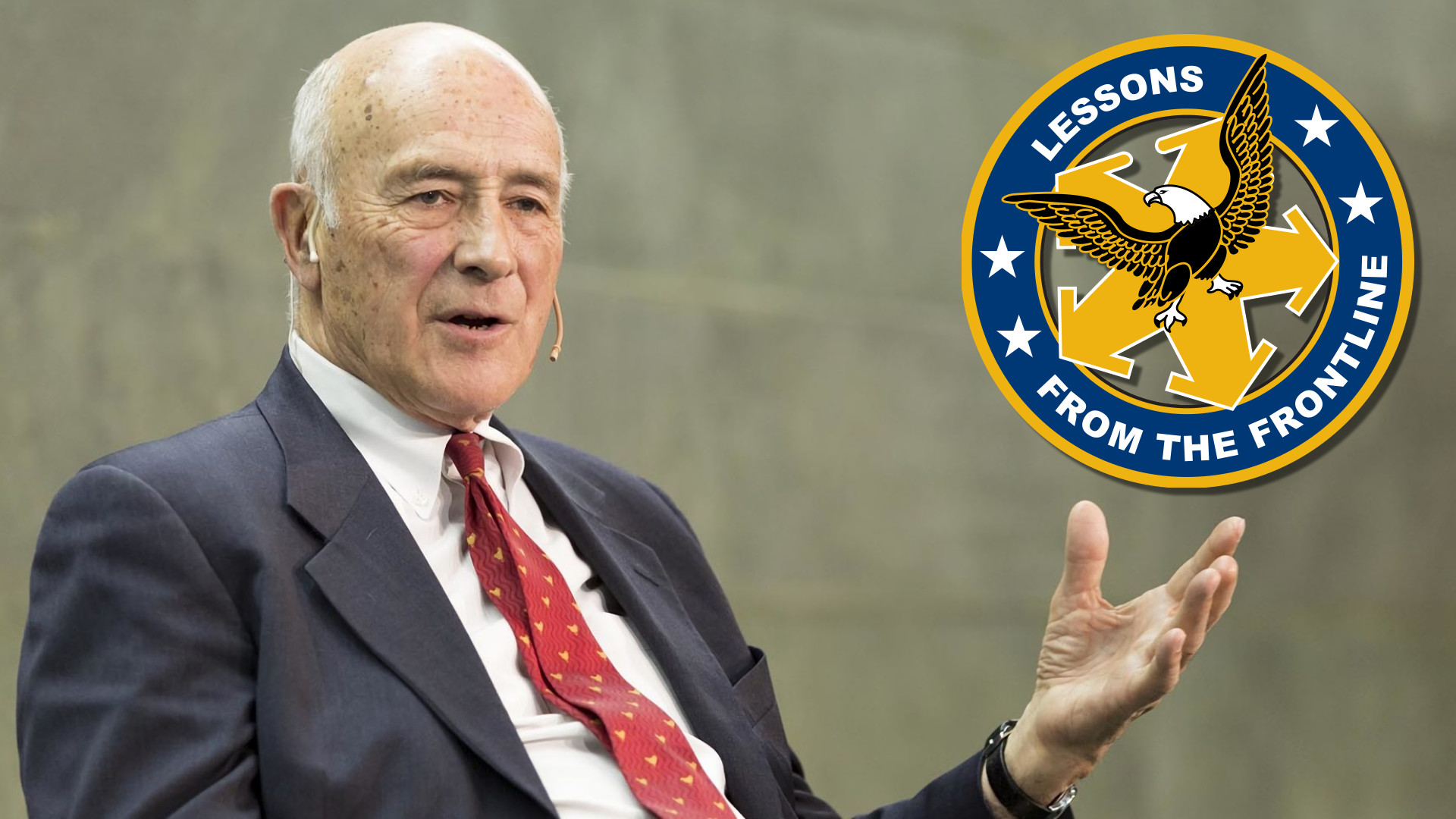
By Gregory F. Treverton
I had the good fortune in the Clinton Administration to serve as Vice Chair of the U.S. National Intelligence Council (NIC), working for my friend, Harvard colleague and mentor, Joseph Nye, who was Chair. I had gotten there via a route all but unthinkable in today’s hyper-partisanship. Bob Gates, Bush 43’s Director of Central Intelligence, was a friend from Carter White House days, and he invited me to be vice chair. He knew I was working for the Clinton campaign but said, in effect, if Clinton wins, perhaps you’ll wind up in another job, but if Bush is re-elected, you’ll have some good years at the NIC.
In the event, Joe was appointed Chair, and I was more than happy to stay on as his number two. I did, though, find the title of “vice chair” slightly odd, and made jokes inquiring whether I should be in charge of vice. My wife at the time got it right, though, telling me “just remember that Joe is chairman and you’re not!” That turned out to be very good advice; on that more later.
The first lesson I learned is one I happily pass on to other number twos: take a trip, called TDY in government-ese, early in your tenure with a new boss. I did, and when I came back Joe said he hadn’t realized how much I saved him from having to do. In my absence, all the action items that I felt I could short-stop went straight to him. No better way to demonstrate your worth than through your absence. For number twos, absence does make the heart—or at least the inbox—grow fonder.
My wife’s advice was especially apt because Joe and I had similar backgrounds and knew many of the same people in the Administration. So, my second lesson was “don’t get in the boss’s way.” Early on, I think Joe felt that we sometimes competed for senior contacts on the policy side of the administration, and I realized I had to be more careful. In reaching out to policy officials, I concentrated on old friends, like Bob Gallucci at State, or on places, like Commerce, in which Joe was less interested.
That lesson leads to a related one, which sounds natural but isn’t as easy as it sounds: shape your role to what the boss doesn’t do or doesn’t want to do. In my case, this was complicated because while I had been a recipient of intelligence on the National Security Council staff and a student of intelligence both in the Senate and Harvard, this was my first time on the inside. I had the good fortune to start my intelligence career rather at the top.
Logic dictated that I be Mr. Inside to Joe’s Mr. Outside, but inside was not my familiar turf. Happily, one inside task was a natural for me: overseeing the production of National Intelligence Estimates, or NIEs. That gave me plenty of substance to keep me happy. For a second critical “inside” task, hiring, my situation as an outside insider was a boon: Joe and I were trying to recruit half the National Intelligence Officers from outside government, distinguished academics or think-tankers who had no more worlds to conquer and were tempted by the chance to directly serve their country for a few years.
Otherwise, I soon realized that whether I liked it or not, the insider me would spend much of his days on slots and space. In the 1990s, intelligence agencies were not growing, though the NIC was; if I’d been in the same job after 9/11, parking would have zoomed up my to-do list.
Government agencies are like most organizations in seeking to grow but unlike most in the private sector in having to pretend they aren’t. That makes money relatively easy by comparison to “slots”—authorization to add additional government officials, or “govies” in inside-speak—which accounts for why the government is more and more peopled by contractors. But the NIC needed more govies.
Finally, space—ah, space! An outsider could be forgiven for thinking that office space in CIA headquarters where the NIC was housed would have been neatly organized. After all, virtually all the space was secret, compartmented intelligence facilities, or SCIFs, with combination locks on the doors. I soon learned, though, that space was a virtual free-for-all. If we saw SCIF space that was unoccupied, we’d do the bureaucratic equivalent of squatting, moving in boxes labelled in big letters, “Property of the NIC.”
So, the last lesson for number twos is: do what has to be done, not matter how ill-suited you may be for the task!